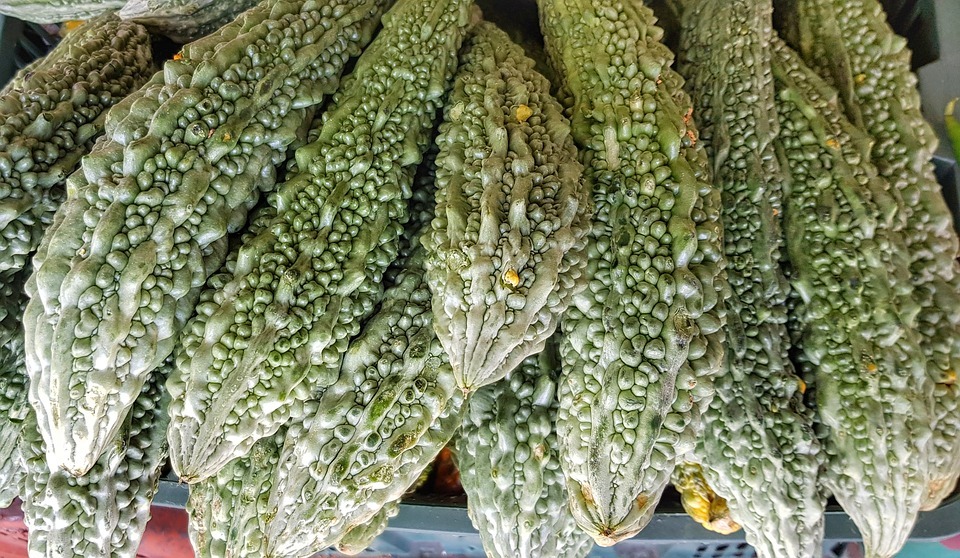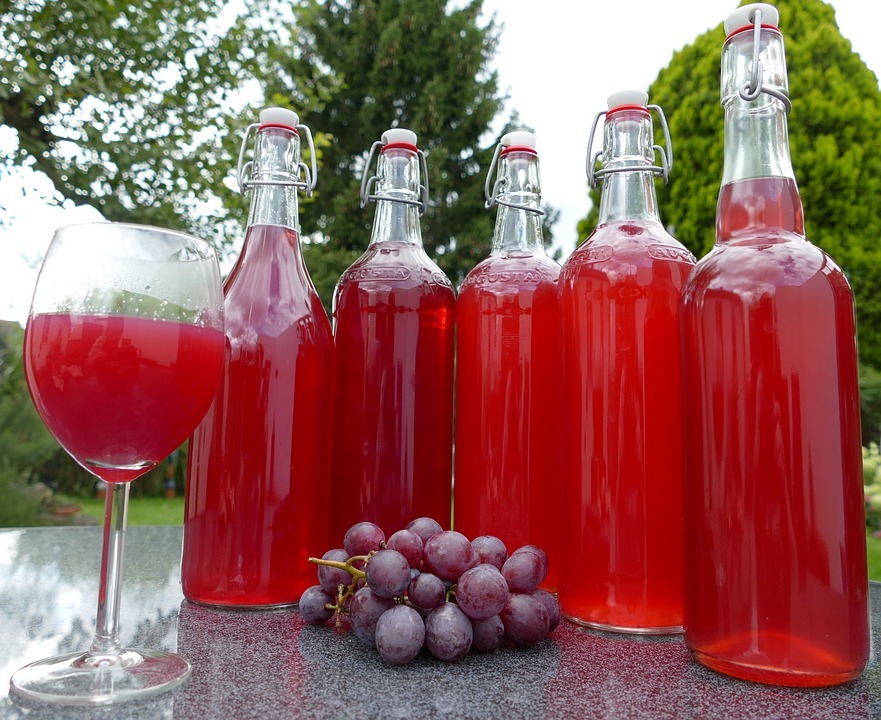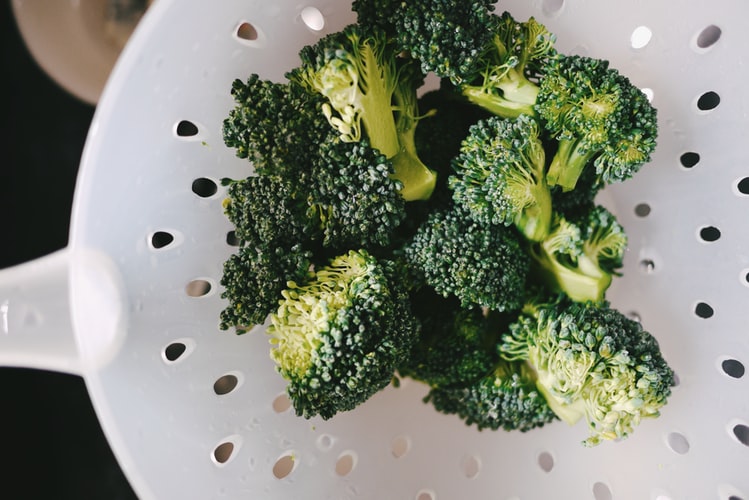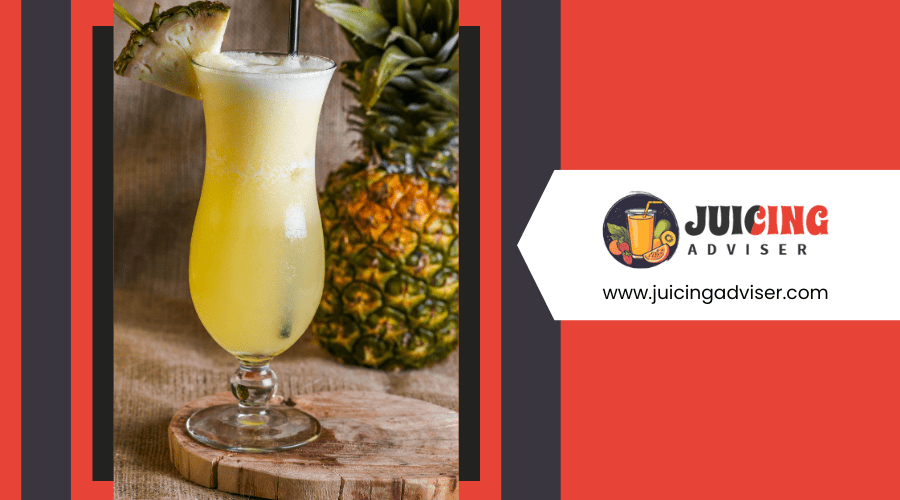Simple Guide to Storing Homemade Juice
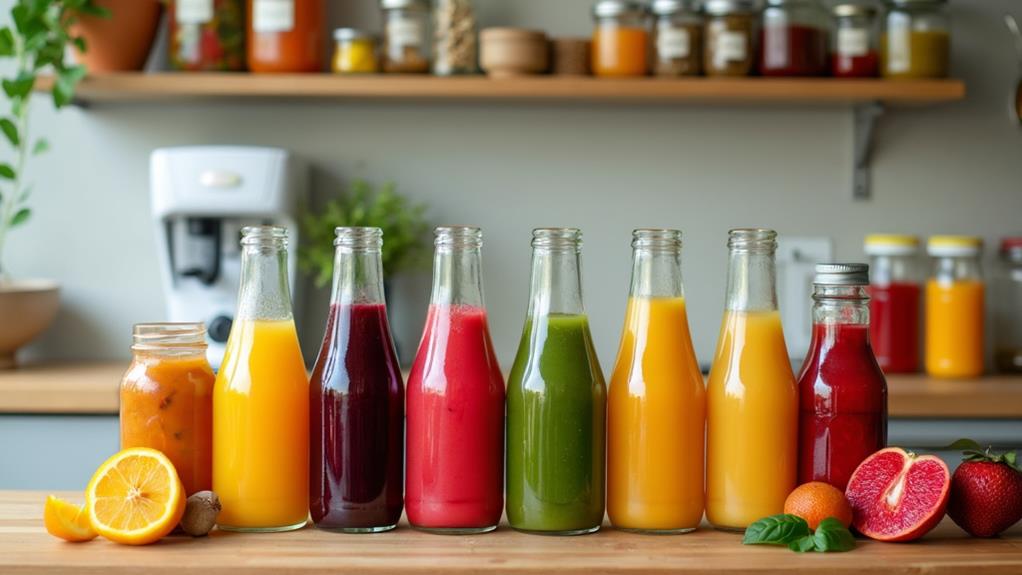
Simple Guide to Storing Homemade Juice
When you make homemade juice, retaining its fresh taste and nutritional value is essential. Proper storage is crucial to prevent rapid degradation. Start with airtight glass containers and fill them to the brim to minimize air exposure. Oxidation is a significant threat to fresh juice, so understanding effective storage techniques and container choices is key. Let's explore how to keep your juice fresh and nutrient-rich for as long as possible.
Difference Between Store-Bought and Fresh Juice
When choosing between store-bought and fresh juice, more than just convenience should be considered. Fresh juice excels in nutrient content, retaining more vitamins and minerals since it hasn't undergone pasteurization like store-bought juice. While pasteurization extends shelf life, it significantly reduces the juice's nutritional value.
Opting for fresh juice helps you avoid the higher sugar concentrations and preservatives often found in store-bought options. These additives can pose health risks, making fresh juice a healthier choice. The natural sweetness of fresh juice comes directly from the fruit, without added sugars.
Cold-pressed methods used for fresh juice further enhance nutrient retention, ensuring you get the most enzymes and antioxidants. Conversely, store-bought juices lose many of these beneficial compounds during processing.
Timing is also crucial. Drinking fresh juice immediately after squeezing ensures you gain all its health benefits. Store-bought juices, although they have longer shelf lives, lose some nutritional value over time. Additionally, the flavor and freshness of fresh juice are unparalleled, whereas store-bought varieties often suffer from altered tastes due to prolonged storage and processing.
Proper Storage Techniques
To keep your homemade juice fresh and nutrient-rich, follow these proper storage techniques. First, use airtight glass containers, as glass prevents chemical leaching better than plastic. Fill these containers to the brim to minimize oxygen exposure, which can degrade nutrients and cause oxidation.
After securing your juice in airtight glass containers, refrigerate it immediately. Cold storage helps preserve its nutritional value. Ideally, consume the juice within 24-72 hours for optimal taste and nutrient retention. Adding slices of citrus fruits like lemon or lime can boost vitamin C content and further prevent oxidation.
For longer storage, freezing is a great option. Use airtight containers for freezing as well. Frozen juice can last between 12-16 months while retaining most of its nutrients. By following these techniques, you can enjoy your homemade juice at its freshest and most nutritious.
Best Containers for Storage
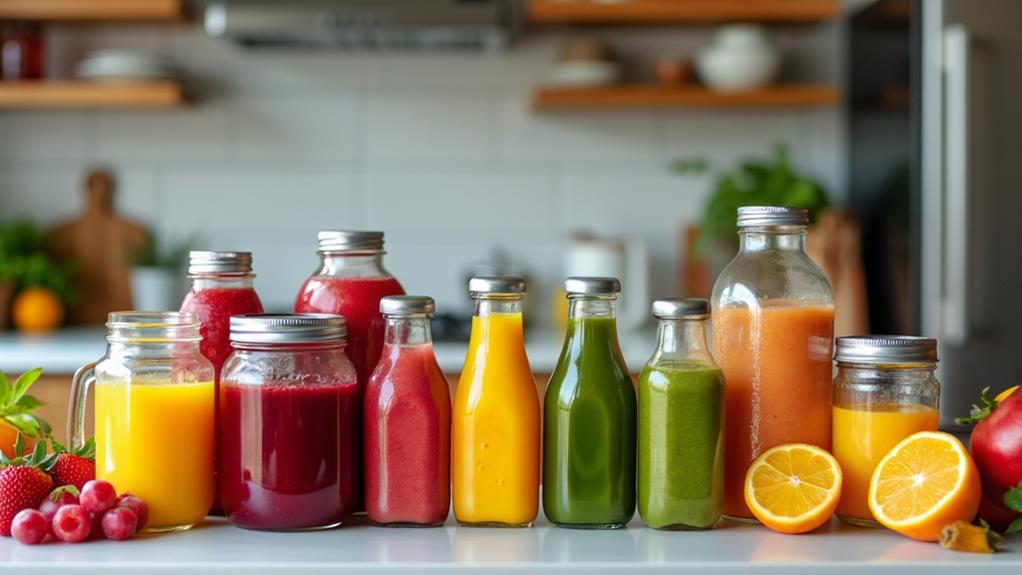
For storing your homemade juice, always use airtight glass containers to maintain freshness and prevent nutrient loss. Avoid plastic bottles, as they may leach harmful chemicals into your juice. For best results, fill the glass containers to the top and store them in a cool, dark place.
Airtight Glass Containers
Airtight glass containers are the optimal choice for storing homemade juice, as they effectively minimize oxygen exposure, thereby preventing nutrient degradation. This crucial feature helps maintain juice quality, ensuring you derive maximum benefit from your fresh beverages. Additionally, glass containers eliminate the risk of acidic reactions that can compromise both flavor and nutritional value over time.
To further enhance these benefits, fill your glass containers to the brim to minimize air contact, thereby protecting your juice from oxidation and nutrient loss. Glass containers also do not leach chemicals, making them a safer option for health-conscious individuals.
For added protection, consider using dark-colored glass containers to shield your juice from light, which can also contribute to nutrient degradation. By incorporating these simple practices, you can ensure your homemade juice remains fresh, flavorful, and nutrient-rich.
Avoid Plastic Bottles
Avoid using plastic bottles for storing homemade juice because they can leach harmful chemicals, especially when exposed to heat or acidic contents. This chemical leaching can pose health risks and compromise the quality of your juice. Instead, use airtight glass containers. Glass is non-reactive, meaning it won't interact with the acidic nature of most juices, preventing nutrient degradation.
Airtight glass containers also help minimize oxygen exposure, which is crucial for preserving the juice's freshness and nutritional value. Fill your glass containers to the brim to limit air contact, reducing oxidation and maintaining your juice's liveliness and nutrient richness.
Opt for dark or opaque glass bottles to protect against nutrient degradation caused by light exposure. Always store your juice in a cool, dark place or refrigerate it immediately after juicing. This not only maintains freshness but also extends the shelf life of your homemade juice. By avoiding plastic and choosing glass, you ensure a healthier, more nutritious juice experience.
Extending Fresh Juice Shelf Life
To extend the shelf life of your fresh juice, store it in airtight glass containers and refrigerate immediately. For prolonged preservation, freeze the juice, making sure to fill containers to the top to minimize oxygen exposure. Adding citrus slices enhances flavor, helps maintain nutrient levels, and reduces oxidation.
Proper Storage Techniques
To extend the shelf life of your homemade juice, store it in airtight glass containers immediately after juicing. This minimizes nutrient degradation and maintains the juice's freshness. Fill the containers to the brim to limit air exposure, which reduces oxidation and helps preserve the juice longer.
After storing your juice properly, refrigerate it. While it can last in the fridge for up to 72 hours, consuming it within 48 hours ensures optimal nutrient retention and flavor. For longer storage, freezing is an excellent option. Use BPA-free vacuum containers to freeze your juice, which can then last between 12-16 months while retaining most of its nutrients.
Additionally, consider adding citrus slices like lemon or lime to your juice. These not only boost vitamin C and antioxidants but also help preserve the juice against oxidation. Following these proper storage techniques will ensure that your homemade juice remains fresh and nutrient-rich for as long as possible.
Recommended Containers Usage
Having covered proper storage techniques, let's focus on the best containers for extending the shelf life of your fresh juice. Airtight glass containers are essential. They prevent nutrient degradation and are resistant to acid breakdown from the juice. Unlike plastic, glass doesn't leach chemicals, ensuring your juice remains pure and fresh.
To minimize oxidation, fill your containers to the brim. Oxidation occurs when juice is exposed to air, leading to a loss of freshness and nutrients. Airtight glass containers can help mitigate this by limiting air exposure.
Store your juice in a cool, dark place or refrigerate it immediately. Keeping it cold slows down the degradation process and preserves the nutritional value. If you need to store your juice for an extended period, consider freezing it in glass containers. Just be sure to leave at least ½ inch of space for liquid expansion.
Here's a quick comparison:
| Container Type | Pros | Cons |
|---|---|---|
| Airtight Glass | Prevents nutrient degradation, no leaching | Can be fragile, heavier than plastic |
| Filled to the Brim | Minimizes oxidation | Requires precision |
| Plastic | Lightweight, unbreakable | Leaches chemicals, less protective |
| Freezing in Glass | Long-term storage option | Requires space for expansion |
Effects of Oxidation
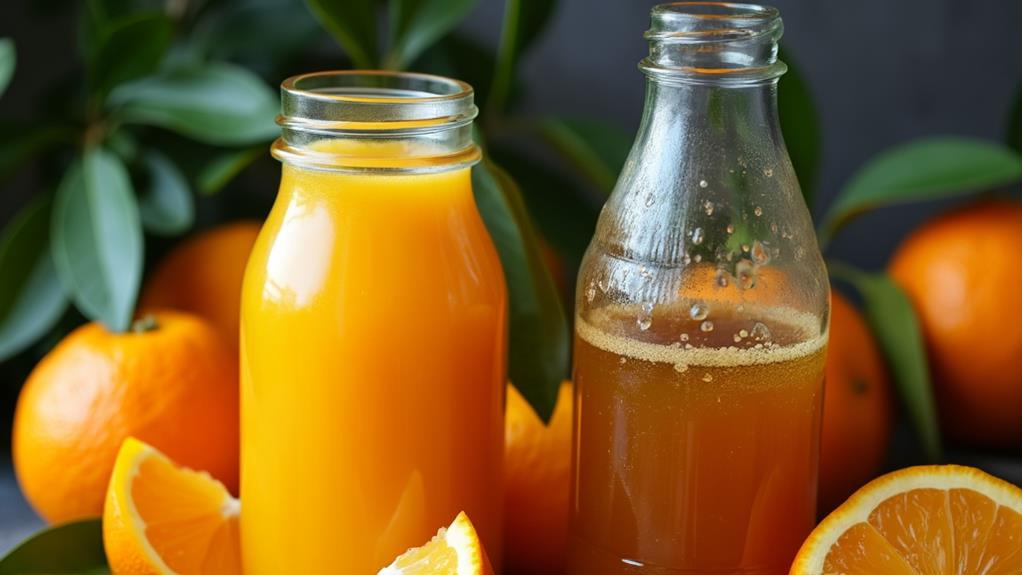
Imagine pouring yourself a glass of freshly made juice, only to find it's lost its vibrant color and flavor after a short time. This disappointing change is due to oxidation, a process where nutrients react with oxygen. When you juice fruits and vegetables, their cell walls break down, exposing nutrients to air and accelerating oxidation. This nutrient degradation means that vitamins and minerals rapidly break down, diminishing their health benefits.
To preserve the quality of your juice, consider the following steps:
- Use airtight containers: Reducing the juice's exposure to air can greatly slow down oxidation.
- Consume quickly: Drink your juice within 24-48 hours to ensure maximum nutrient retention.
- Refrigerate immediately: Keeping juice cold can slow the oxidation process, preserving its freshness and nutritional value.
- Minimize air space: Fill containers to the brim to reduce the amount of air that comes into contact with the juice.
Visible signs of oxidation include browning, a dull color, and changes in flavor, all indicating a loss of freshness. By understanding oxidation and its effects, you can take steps to enjoy the full health benefits of your homemade juice.
Pasteurization and Preservation
Pasteurization is an effective method to extend the shelf life of homemade juice by eliminating harmful microorganisms through heating it to at least 72°C. This process can preserve juice for up to a year without compromising safety.
However, pasteurization may cause some nutrient degradation, leading to the loss of certain vitamins and nutrients. Despite this, the advantage of having a safe, long-lasting juice often outweighs the downside of nutrient loss.
Proper handling is crucial during pasteurization. Always use sterile glass bottles to prevent recontamination. After pasteurization, store the juice in a cool, dark place to minimize nutrient degradation and maintain optimal flavor.
Although pasteurization significantly extends juice shelf life, consuming fresh juice is generally better for maximizing health benefits. Nonetheless, pasteurization remains a reliable method for those times when extended preservation is needed.
Choosing Your Juicer
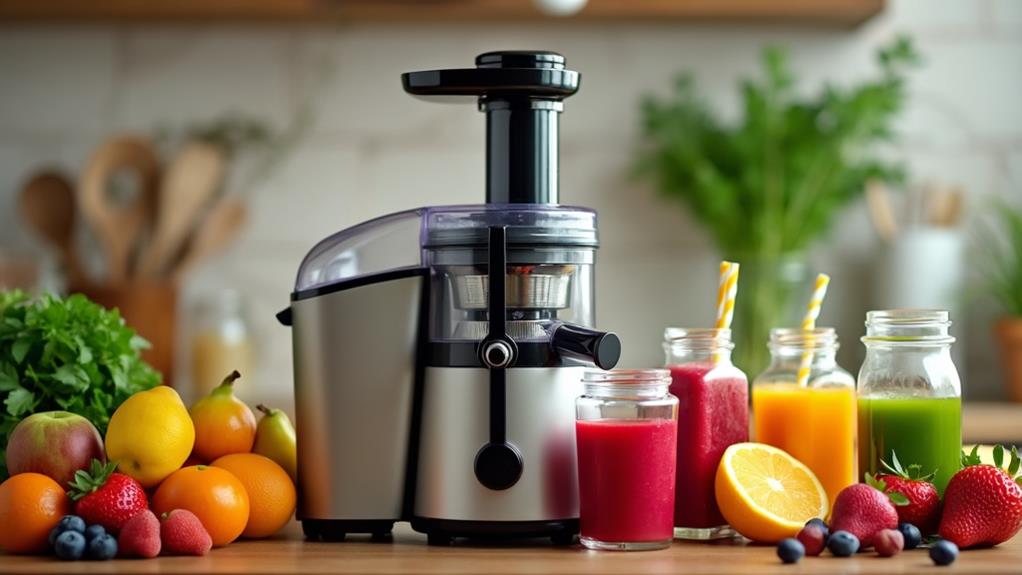
Choosing the right juicer is crucial for anyone committed to making homemade juice. Your selection can significantly affect juice quality, nutrient retention, and overall juicing experience. Here's a concise guide to help you make an informed decision:
- Centrifugal Juicers: These high-speed juicers quickly extract juice but introduce oxidation, resulting in a shorter shelf life and reduced nutrient retention.
- Masticating Juicers: Also known as slow juicers, they operate at lower RPMs, preserving more nutrients and enzymes. Ideal for those focused on juice quality and maximizing health benefits.
- Cold-Pressed Juicers: Utilizing hydraulic pressure, these juicers minimize heat and oxidation, retaining up to 90% of nutrients. This method offers a richer flavor and longer-lasting juice.
When selecting a juicer, consider factors like ease of cleaning, juicing speed, and the types of produce you plan to juice. These elements can significantly impact your juicing efficiency and overall satisfaction.
Investing in a high-quality juicer, such as the Philips Viva Collection Masticating Juicer, ensures better juice consistency, taste, and nutrient retention. Remember, a quality juicer is a worthwhile investment for healthier, tastier juice in the long run.
Tips for Nutrient Retention
After selecting the ideal juicer, maintaining the nutritional integrity of your homemade juice becomes the next priority. Store your juice in airtight glass containers immediately after juicing to minimize oxygen exposure and reduce oxidation.
Fill the containers to the brim to limit air contact, as oxygen accelerates nutrient loss. Adding citrus slices, such as lemon or lime, can improve vitamin C levels and act as natural preservatives, combating oxidation.
For maximum nutrient retention, consume your fresh juice within 72 hours. Beyond this period, the nutritional value can decrease significantly, losing up to 80%. Refrigerate your juice right after squeezing and store it in a cool, dark place to preserve its freshness and nutritional value.
Consequences of Old Juice
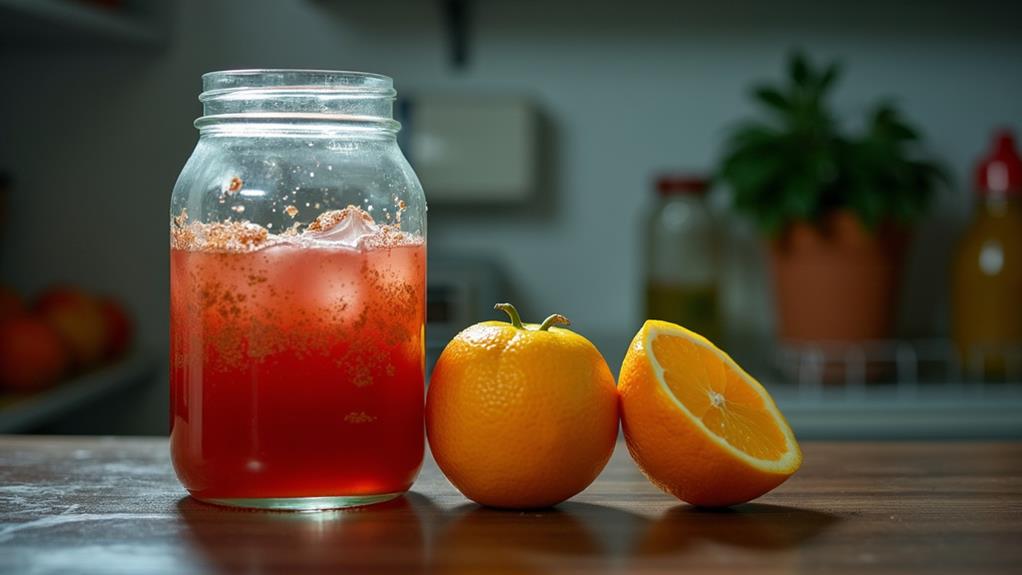
The consequences of consuming old juice extend beyond a decline in flavor; they pose significant health risks. Juice left to sit for more than three days undergoes oxidation, leading to substantial nutrient loss. You might notice that the juice's vibrant color has turned dark and dull, and the taste has become off. These changes are indicators of spoilage.
Drinking old juice can expose you to harmful bacteria, increasing the risk of digestive issues and foodborne illnesses. To maximize health benefits and avoid potential health hazards, fresh juice should be consumed within 72 hours.
Key points to remember:
- Nutrient Degradation: Nutritional value can decrease by over 80% after three days due to oxidation.
- Signs of Spoilage: Changes in color, taste, or odor indicate that the juice has gone bad.
- Bacterial Growth: Prolonged storage allows bacteria to thrive, posing risks of digestive issues.
- Optimal Consumption: Drink homemade juice within 72 hours for the best health benefits.

